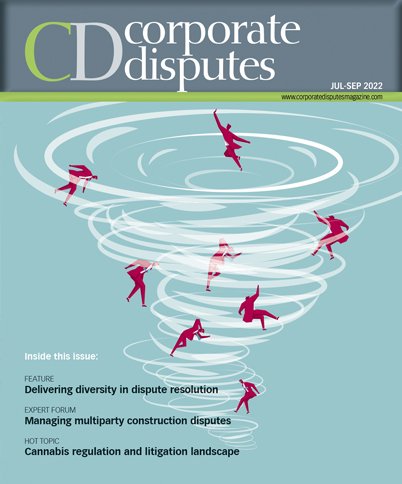OUTLOOK FOR LIFE SCIENCES ARBITRATION POST-CORONAVIRUS
While the ongoing effects of the coronavirus (COVID-19) pandemic remain a serious issue, for many, life is beginning to return to a semblance of normality. As the world begins the slow process of moving on from COVID-19, we take a look at the key trends arising out of the pandemic and the ‘new normal’ and assess what these may mean for life sciences arbitrations in the coming months and years.
The fallout of the vaccine rollout
The relative success of the COVID-19 vaccine programme in many developed countries may seem an unlikely focus for future disputes. However, given the speed at which many of these deals for vaccines were put together and the incomplete information available at the time, contracts between companies and states provide significant scope for potential disputes.
For the companies offering to supply vaccines, promises to deliver were contingent on both the efficacy of the vaccines and the speed at which they could be manufactured; neither of which was necessarily apparent at the time. A failure to supply agreed quantities of vaccines on time, or to deliver vaccines that work effectively, may lead to states bringing claims against life sciences companies.
For example, there was a very public spat between AstraZeneca and the European Union (EU) at the start of the vaccine rollout when the latter accused the former of breach of contract due to its failure to supply sufficient vaccines in a timely manner. That claim was settled, but more recently, the Dominican Republic has also threatened to bring arbitral proceedings against AstraZeneca for similar reasons. As states continue to require regular vaccine supplies, notwithstanding the move toward a post-COVID-19 world, the potential for disputes regarding the quality and quantity of those vaccines remains high.

